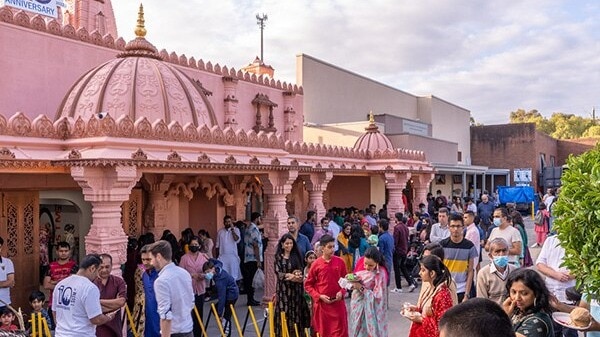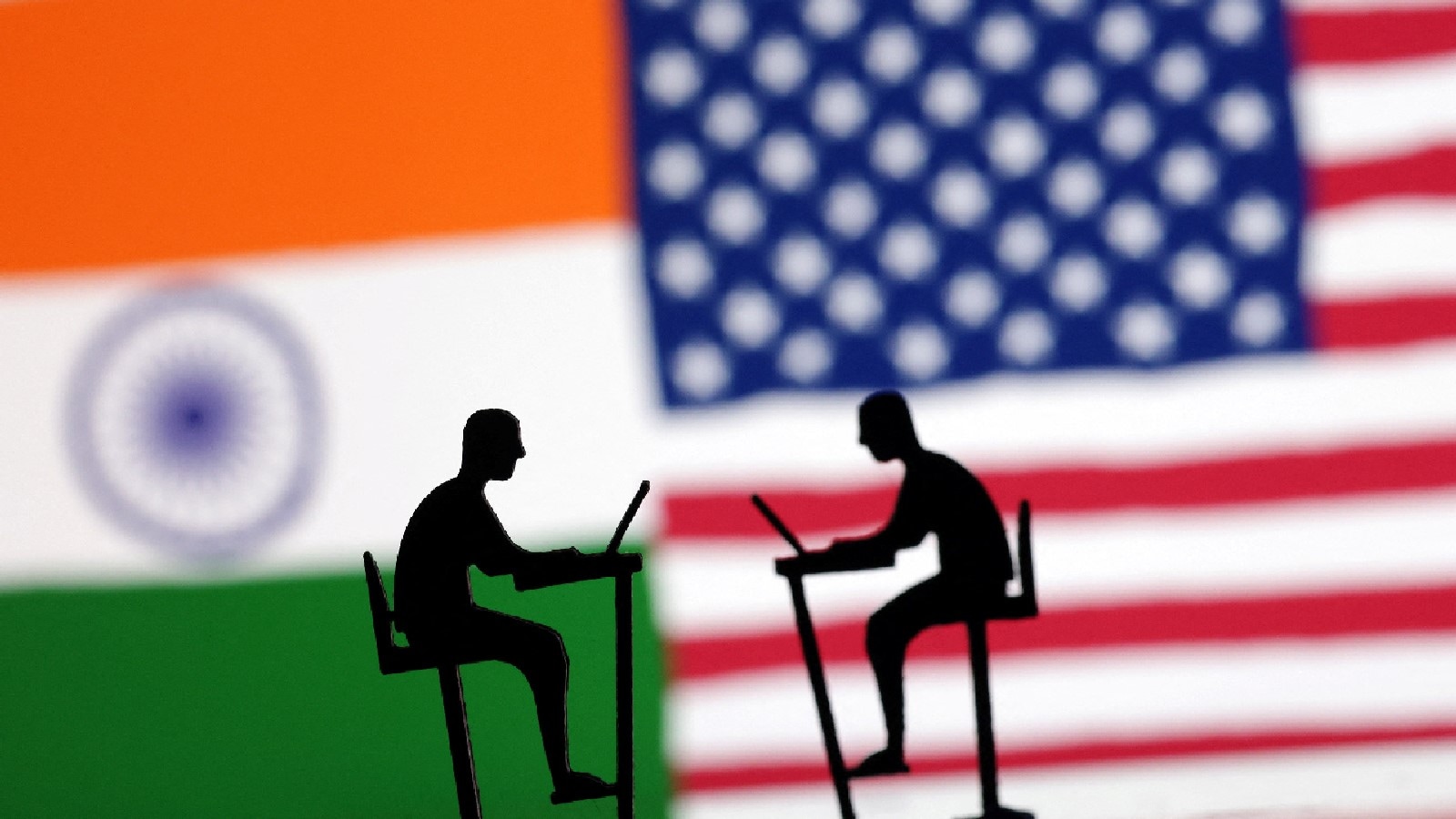Last Updated:June 05, 2025, 14:43 IST
As Pakistan prepares for Eid-ul-Adha, the Ahmadiyya Muslim community faces a crackdown in Punjab and Sindh, with threats of fines and imprisonment for celebrating the festival

The Ahmadiyya Muslim community was founded in 1889 in Qadian, a town in British India's Punjab province, by Mirza Ghulam Ahmad, who declared himself the promised messiah and a reformer of Islam. (AP Photo)
As Pakistan prepares to celebrate Eid-ul-Adha on Saturday, June 7, with public gatherings, prayers, and festivities, a troubling crackdown is unfolding quietly across parts of Punjab and Sindh provinces. The Ahmadiyya Muslim community, numbering nearly 20 lakh in the country, is being systematically barred from observing the religious holiday under threats of fines, police harassment, and imprisonment.
Despite being followers of Islam, Ahmadiyyas are prohibited by law from identifying as Muslims or practicing Islamic rituals in Pakistan. In the lead-up to this year’s Eid, authorities have reportedly intensified pressure on the community, forcing members to sign affidavits swearing they will not celebrate the festival.
Eid Ban With A Rs 5 Lakh Price Tag
In a disturbing development, local officials have warned that any Ahmadiyya individual found offering Eid prayers or performing traditional sacrifices could face a hefty penalty – a fine of up to Rs 5 lakh (approx. USD 1,800). In some areas, even private observance of religious rituals inside one’s home has been outlawed.
According to local media, several Ahmadis in Punjab and Sindh have already been detained for allegedly attempting to mark Eid in defiance of this de facto ban. Human rights watchdog Amnesty , in its June 2024 report, stated that at least 36 members of the Ahmadiyya community were arbitrarily arrested in the province of Punjab to pre-empt any form of Eid celebration.
State-Sanctioned Persecution
The persecution of the Ahmadiyyas in Pakistan is rooted in legal and constitutional exclusions. Following violent riots in 1974, the then-Prime Minister Zulfikar Ali Bhutto amended the Constitution, declaring Ahmadiyyas as non-Muslims. The decision was later reinforced by Ordinance XX under General Zia-ul-Haq’s rule in the 1980s, criminalising Ahmadi religious expression altogether.
Under current Pakistani law, any Ahmadi who “poses" as a Muslim, by calling their place of worship a mosque, reciting Islamic prayers, or using traditional Islamic greetings, risks up to three years in prison. Human rights groups have repeatedly condemned these laws as deeply discriminatory and in violation of international norms on freedom of religion.
Who Are The Ahmadiyyas?
The Ahmadiyya Muslim community was founded in 1889 in Qadian, a town in British India’s Punjab province, by Mirza Ghulam Ahmad, who declared himself the promised messiah and a reformer of Islam. Advocating peace, tolerance, and non-violence, the Ahmadiyya movement positioned itself as a counter to religious extremism. But this very stance made it a target for hardline clerics and political forces in Pakistan.
Today, despite their peaceful teachings and contributions to society, the Ahmadiyyas remain among the most persecuted religious minorities in Pakistan. Their mosques have been attacked, graves desecrated, and community members subjected to mob violence, hate speech, and institutional discrimination.
Location :Pakistan
First Published:News world Eid Ban, Rs 5 Lakh Fine: Why Are Ahmadiyya Muslims Barred From Worship In Pakistan?

 1 month ago
1 month ago

















